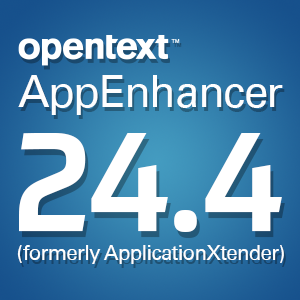City councils digitize document management
Tuesday, February 26, 2013More cities are transitioning to an electronic document management system in order to cut paper resource costs and reduce administrative demands on staff.
Sun News reported that Ken Ramser, Cleveland's city council clerk, has devised a paperless initiative that includes implementing laptops and iPads for every council member in place of paper ordinances. Ramser told the news source that the council clerk's office currently makes more paper copies than any other city department, and going paperless is part of a long-term objective to cut copy costs. Before Ramser took his clerk position in 2011, the city was mailing copies of its ordinances to Seven Hills City Hall, a process which digitization will eventually eliminate. He proposed a maximum of $500 per council member to spend on paper copies of invitations, fliers and other mailers.
Ramser reported that the Akron City Council is also working to decrease paper dependency, and he hopes more counties will consider going paperless. The council clerk's office often spends an entire day preparing legislation packets for each member prior to a meeting. According to Ramser, digitization would allow officials to read legislation off laptop screens or iPads, while the clerk's office could email memos to other departments instead of making copies. Ramser referred to a previous article in Ohio.com that stated Columbus City saved $17,000 last year by going paperless.
Digitization improves accessibility
According to Hungry Horse News, The Columbia Falls City Council also recently conducted a paperless experiment following a growing interest from councilors in minimizing waste from paper packets. These packets, which include agendas, minutes, ordinances and other documentation, can consist of up to several hundred pages. With 14 copies distributed to councilors and other key staff, the packets require a lot of time and money.
City Manager Susan Nicosia explained that the council utilized conversion services to create PDF files from a copy of the packet's documentation, which is then posted on the city's website and projected on a screen during meetings. Councilors are able to follow along during meetings and view the electronic version of the files on laptops. Additionally, Nicosia stated that city code, budget documents, and annual audit reports have been uploaded to the site and are easily searchable.
"We are trying to provide information on the website to keep the public informed and up to date," she explained to the news source.
By going paperless, councils can simultaneously reduce costs and give officials easier access to important information.
Brought to you by Image One Corporation providing complete information governance since 1994.




